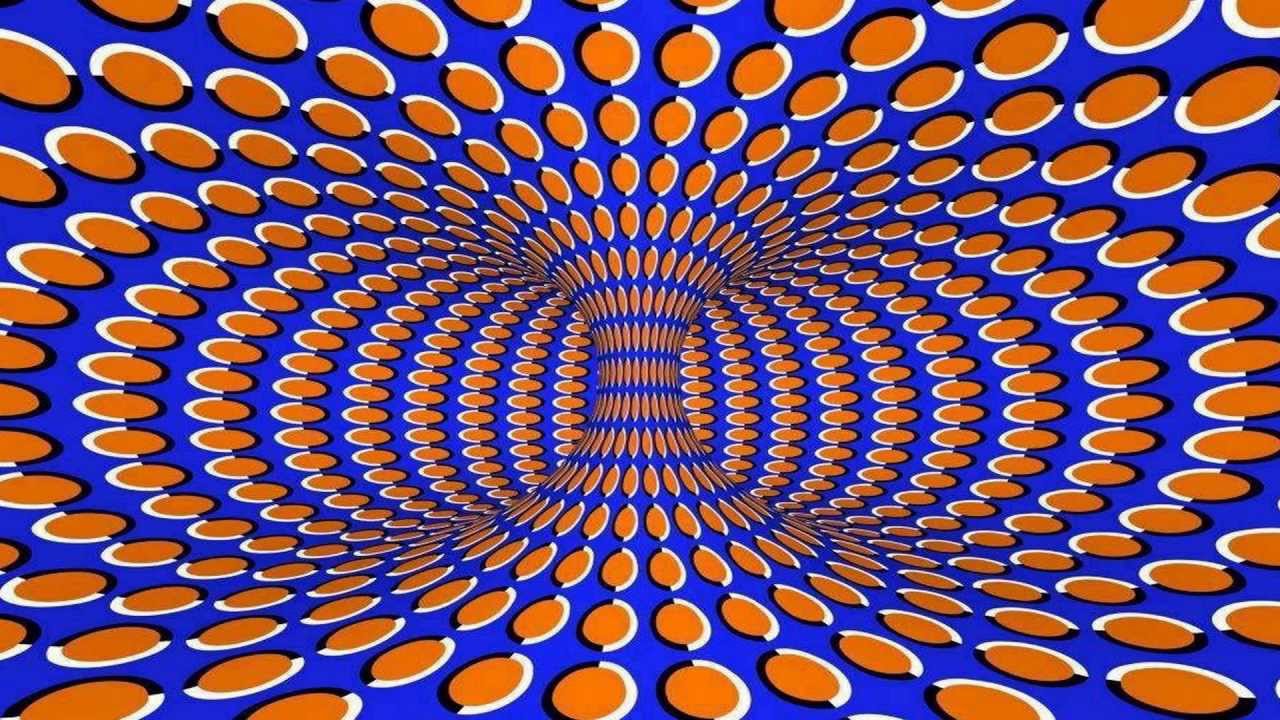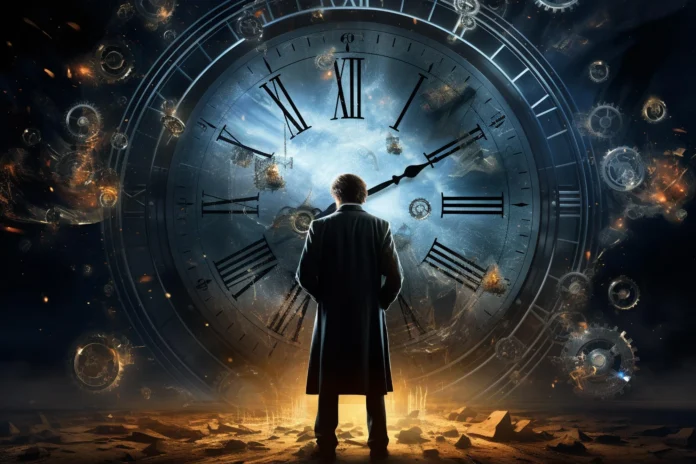⚛️ Physics: Reality or Illusion?
Have you ever stopped to wonder whether the laws of physics are truly real… or if they’re just our best attempt at describing something far beyond our full understanding? From falling apples to black holes, physics has given us incredible insights into how the universe works. But the deeper we go, the stranger it gets—so strange that even physicists question whether what we “know” is actually real.
So let’s ask the big question:
Is physics reality, or just a convincing illusion?
🧠 1. What Is Physics, Really?
At its core, physics is the study of the fundamental forces, particles, and rules that govern everything in the universe. It’s how we understand motion, energy, time, space, gravity, and more. Thanks to physics, we have airplanes, electricity, GPS, and even smartphones.
But here’s the catch: physics doesn’t create the universe. It merely describes it—through models, theories, and mathematics. That means physics could be just our best attempt to make sense of something far more complex than we can currently comprehend.
🔍 2. Are Physical Laws Universal—or Just Convenient?
Physicists often speak about the laws of nature—unchanging rules like Newton’s laws of motion or Einstein’s relativity. But are these laws truly universal, or do they simply fit the data we currently have?
Here’s something wild: in quantum mechanics, particles don’t even behave predictably until we observe them. That’s not just confusing—it’s borderline spooky. So are the laws of physics carved into the fabric of reality, or are they flexible depending on how we look?
“If the universe is a machine, why does it behave like a dream?” — Anonymous Physicist
🌀 3. The Illusion of Objectivity
We often think of physics as objective truth—solid, unchanging, fact-based. But many modern theories suggest that consciousness and observation play a bigger role than we imagined.
In fact, some interpretations of quantum theory argue that without an observer, the universe remains in a cloud of possibilities, not certainties. That raises a philosophical bombshell:
🧩 4. Models Aren’t Reality—They’re Maps
Think of physics like Google Maps. It helps you navigate from A to B, but it’s still just a map, not the actual terrain. Likewise, physics is a model that helps us predict and understand how the universe works—but it may never fully explain why it works that way.
As physicist Stephen Hawking once said:
🧬 5. Simulation Theory: Is Physics Just Code?
Here’s where things get even weirder. Some scientists and philosophers believe that the universe may be a simulation—a high-level program run by an advanced civilization. In this theory, physics is simply the code that the simulation runs on.
It sounds like science fiction, but the idea is taken seriously in some circles. If true, it means that everything we experience—light, gravity, time—isn’t real in the traditional sense. It’s just rules of the game.

🌌 6. So… What’s the Answer?
Physics gives us incredible power to predict, manipulate, and explore the world. It sends rockets to Mars and helps cure disease. It’s one of humanity’s most powerful tools.
But whether physics reflects a deep, objective reality or just our limited human understanding of something far greater—that’s still up for debate.
🧠 Final Thoughts: A Beautiful Illusion?
So is physics reality or illusion?
Maybe it’s both.
Maybe physics is the closest we’ve come to understanding reality, but it’s still just a lens—not the full picture. Like shadows on a wall, we might be glimpsing a deeper truth we can’t fully grasp yet.
But one thing’s for sure: questioning what’s real is not a weakness—it’s the first step toward deeper understanding.



